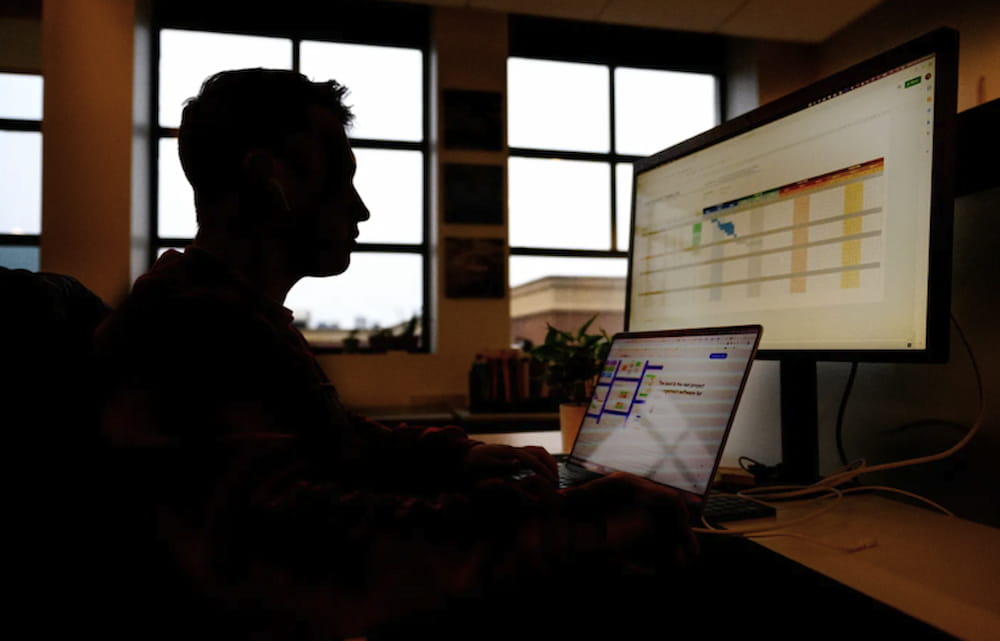At 4 a.m. on March 25, 2020, Phillip Baczewski woke up startled. He could no longer catch his breath. He was rushed to the hospital at the start of the COVID-19 pandemic, not knowing if it was the flu, or the unknown virus at the time, that was causing his health scare.
Leaving his family outside, Baczewski was rushed into the intensive care unit, where he was told he had to go on life support—which involved medical procedures to support his breathing—or he could die. Over two weeks later, he woke up from the induced coma to an entirely new life.
It’s been nearly three years since Baczewski tested positive for COVID-19. However, he is still recovering. Symptoms include shortness of breath, fatigue, cognitive dysfunction, depression, anxiety, and difficulty walking from pain in his right foot due to sciatic neuropathy in his right leg.
As he continues to recover, one of the biggest challenges is figuring out how to get healthy enough to return to work.
Continue reading at Northeastern Global News to learn more from Roux Institute and Bouvé researcher Kristin Kostka.




